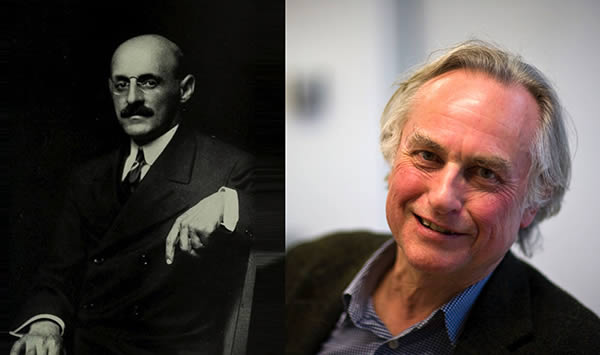Tag: medical ethics
CRISPR and the Ethics of Gene Editing
If you have not heard of CRISPR yet, you should have. This is a truly transformative technology that allows for cheap and easy gene editing. It makes a powerful technology easily accessible. Powerful biological technology, like stem cells to give another example, always seem to provoke profound hope and fear. The ability to manipulate human biology comes with it the hope of...
Is Homeopathy Unethical?
“A gentle ethical defence of homeopathy” by Levy et al. was recently published in an ethics journal. A full-text preprint is available online. They say: Utilitarian critiques of homeopathy that are founded on unsophisticated notions of evidence, that adopt narrow perspectives on healthcare assessment, and that overstate the personal, social and ontological harms of homeopathy, add little to our understanding of the...

Placebo by Conditioning
Truly understanding placebo effects (note the plural) is critical to science-based medicine. Misconceptions about placebo effects are perhaps the common problem I encounter among otherwise-scientific professionals and science communicators. The persistence of these misconceptions is due partly to the fact that false beliefs about placebos, namely that “the” placebo effect is mainly an expectation mind-over-matter effect, is deeply embedded in the culture....

Stem cells versus Gordie Howe’s stroke, part 2
Another Christmas has come and gone, surprisingly fast, as always. I had thought that it might make a good “last of 2014” post—well, last of 2014 for me, anyway; Harriet and Steve, at least, will be posting before 2014 ends—to do an end of year list of the best and worst of the year. Unfortunately, there remains a pressing issue that doesn’t...
Science-Based Medicine Meets Medical Ethics
There are four main principles in medical ethics: Autonomy Beneficence Non-maleficence Justice Autonomy means the patient has the right to consent to treatment or to reject it. Autonomy has to be balanced against the good of society. What if a patient’s rejection of treatment or quarantine allows an epidemic to spread? Beneficence means we should do what is best for the patient....
Between a Rock and a Hard Place: A Case Study Exploring the Battle Lines of Science Based Medicine
Editor’s Note: This is a guest post solicited by Dr. Hall, who describes Dr. Albietz thusly: He’s a skeptical young pediatrician who works in a PICU and recently had a chiropractor come into the PICU to consult on a child with intractable seizures. He was sort of coerced to allow this at the parents’ request and against his better judgment. His hospital...
Does alternative medicine have alternative ethics?
Kimball Atwood has an interesting series of posts on the ethics of alternative medicine which I strongly encourage you to read. He does a great job examining the ethical implications of certain alternative medicine practices, and has a terrific dialog with Peter Moran, a frequent commenter here. At my other online locale, I make frequent forays into the morass of medical...
Science, Reason, Ethics, and Modern Medicine, Part 3: Implausible Claims and Formal Ethics Statements
The Ethics of Implausible Medical Claims (IMC) In Part 2 of this series* we learned from David Katz, MD, a key member of the Yale School of Medicine’s “integrative medicine” program, that he had been “pushed toward integrative medicine by the needs of [his] patients.” We also learned that Dr. Katz’s rationale for this decision justifies a wide range of quackery—both in principle and in fact. I...
Science, Reason, Ethics, and Modern Medicine, Part 2: the Tortured Logic of David Katz
In Part 1 of this series* I asserted that a physician’s primary ethical responsibility is to honesty and integrity, which in turn must be largely based on science and reason (I apologize if that sounded preachy; if there had been more time I might have couched it in more congenial terms). I mentioned the fallacious reasoning whereby proponents of implausible medical claims (IMC) point to real and...


